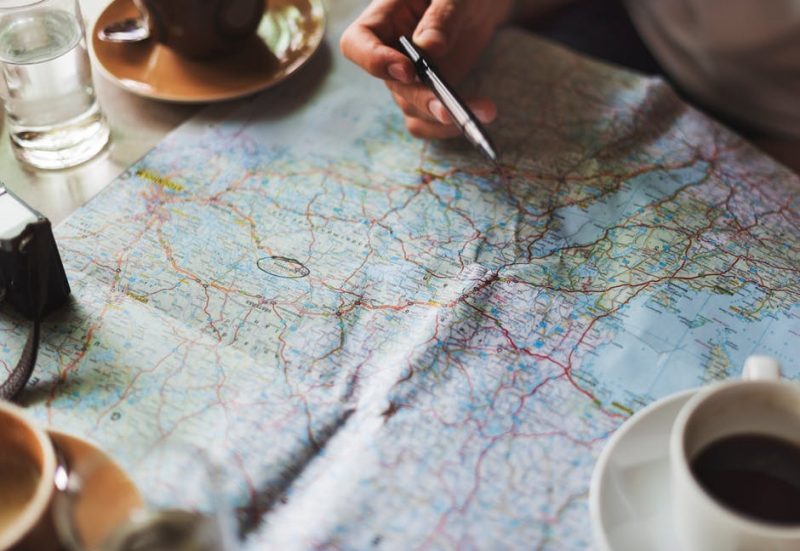We are used to dream big, in particular when it comes to plan our next vacation. We start the decision making process thinking to travel for many days, to go far away from home, to stay in accomodation where we’d get spoiled, and so on. However, soon enough the reality wakes us up, when we realize that we have a limited number of days off and/or that prices are higher than expected.
Well, the good news are that some insights on sustainable traveling might support us in choosing our destination and accommodations wisely.
Here you find a few suggestions as food for thought when you start planning your next vacation:
Often what we want is closer than expected, it’s just a matter of being able to see it.
… From my experience in Cuba: i visited this amazing country for 3 weeks staying in Casas Particulares, houses of locals who rent you a private bedroom or even a part of their home. I have been in several of them, all comfortable (surely not luxurious but i had all what i needed) and always very clean. It gave me the chance to experience how Cuban families live, to talk to them while having breakfast or dinner all together (a basic knowledge of the Apanish language helped me a lot), to understand what they are willing to share only within the confidence of their home. On top of it, I was very happy to know that the payment of my accommodation was going to these families: my hosts, my friends.



![Ecosia it! [4min. reading time]](https://www.habits.ninja/wp-content/uploads/ecosia-logo-500x383.png)
![The best way to go from A to B? Lessons learned from our experience in South America [5min. reading time]](https://www.habits.ninja/wp-content/uploads/montevideo-pics-travellig-e1496787593490-500x383.jpg)









